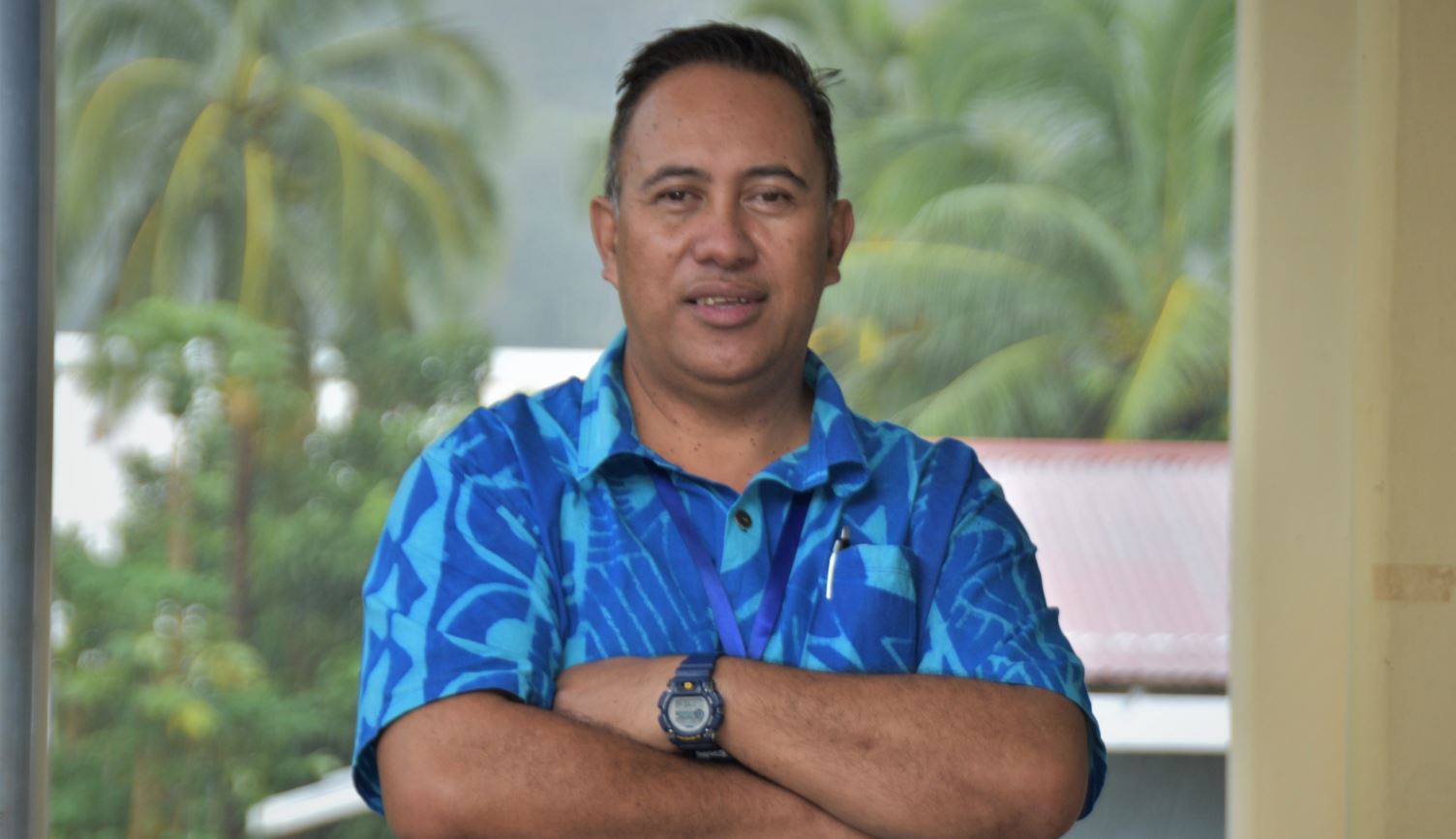Cooks health authorities brush off Covid-19 concerns despite emerging reinfection rates
Tuesday 13 December 2022 | Written by Al Williams | Published in Health, National

Secretary of Health Bob Williams. 22013124
Health authorities in the Cook Islands are brushing off Covid-19 concerns despite reinfection and hospitalisation rates jumping here and across the Pacific.
Latest Te Marae Ora figures show eight reinfections in Rarotonga and two in Aitutaki while two hospitalisations have been reported on each island.
“No change to current process and nothing to be concerned,” Secretary of Health Bob Williams said in a written statement on Monday.
“Everyone to continue to look after themselves.
“Wear masks where required for self-protection and keep practicing public health measures.”
The figures show there are 10 active Covid cases on Rarotonga while 5226 have recovered.
Aitutaki has one active case while the rest of the outer islands have no active cases or reinfections.
Figures across the Pacific show a different picture with case numbers increasing. That includes New Zealand, Australia, Niue, French Polynesia, Fiji, New Caledonia, Tuvalu, Solomon Islands, and Nauru.
As of December 5, a total of 1,979,614 Covid-19 cases and 2235 deaths had been reported by the New Zealand Ministry of Health.
Covid-19 Modelling Aotearoa’s Dr Emily Harvey said the most up-to-date modelling showed NZ’s current wave of Covid cases was likely to peak this month. “We’re still looking at the end of December, around Christmas.”
“Cases are very uncertain, because they’re so dependent on reporting behaviour,” she said, but modelling still suggested reported cases could peak between 10,000 to 14,000 per day.
She expected infections to be as high as July’s deadly wave in which 554 deaths, around a quarter of all Covid-19 attributed deaths in 2022, occurred in a single month.
The peak of hospitalisations may occur in the last week of December through to the first weeks of January, and most deaths would likely occur in the first weeks of January.
The current modelling did not include the impact of antivirals, she said. These could reduce the severity of the illness and are available to those at higher risk. If they were widely used it would be possible the deaths from this wave of Covid-19 could be lower than July's wave.
Antivirals are available to people aged 65 and older, to people of Māori or Pacific ethnicity aged 50 or older, for unvaccinated people and for those with other risk factors.
- Additional reporting by RNZ














































